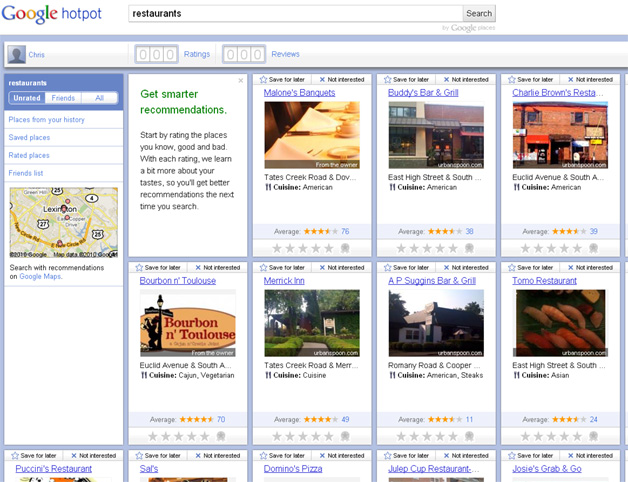In the ever-increasing maelstrom that is finding the cheapest cell service, many are turning to prepaid wireless. What used to be a socially unacceptable means of obtaining wireless phone service is quickly making a comeback as a totally viable, and sometimes smart, alternative.
Thanks to T-Mobile being the first to bring the hurt down on conventional contract carriers, many are realizing, with great joy, that they don’t have to be tied down to any plan with a burdensome two-year contract.
According to i4u.com, Logan Abbott, President of MyRatePlan, said, “I predict in 2014 we will see a bigger number of customers switch to prepaid cell phone plans than any previous year.”
http://www.youtube.com/watch?v=yrG-7otAClw
This news isn’t a surprise as the no contract, no surprises options are quickly becoming more appealing, and also more widely available. Boost Mobile, Virgin Mobile, and Straight Talk also all offer fairly cheap plans.
These are some great affordable options if you don’t mind a few downsides. One of them being roaming issues, and sometimes no service at all in some areas. This is the result of most prepaid providers relying on the networks of a major wireless carrier, according to The Motley Fool. For example, Virgin Mobile relies solely on Sprint’s network.
If you’re a Sprint customer, your phone will roam when off network. If you’re with Virgin Mobile, however, you don’t roam. You just don’t have service. At all.
However, if frugality is your top priority, perhaps a plan like The Straight Talk Unlimited Plan, which ranked #1 on MyRatePlan‘s list of best prepaid plans, would be something to check out. It offers unlimited talk, text, and data for a measly $45 bucks.
T-Mobile, as the original mold-breaker seems to make it easiest to switch with their Simple Choice Plan, which offers up to $650 bucks to trade in your phone. Plans are a bit more expensive on a monthly basis, however, with plans ranging from $50-$70.
That’s hard to beat, considering the average person’s cell phone bill with Verizon is $148, with Sprint is $144, and with AT&T it is $141, according to BGR.com
Image via youtube.com

